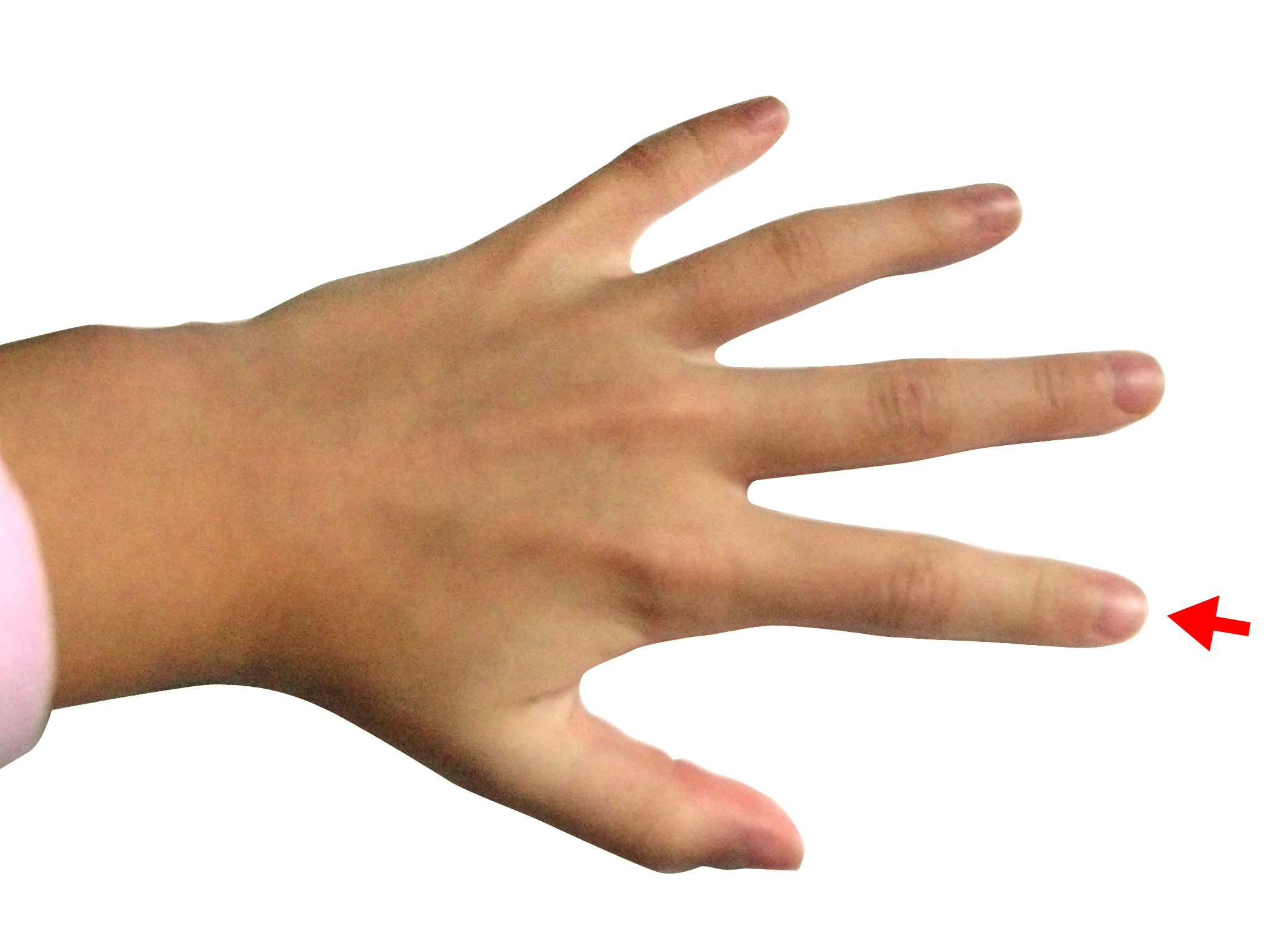From
the Cape to Cairo, Puck, 1902. (Source:
Library of Congress, public domain). The White Man's burden has been turned against itself. If
the British adhere to a higher standard of civilization, their behavior must likewise
be judged by a higher standard. They must play fair with former colonial
peoples, but the latter are much less obliged to do the same.
Growing
up in rural Ontario, I would talk with older folks about politics. A favorite
topic was Quebec, and how those selfish French Canadians wouldn't fight in the
Boer War, the First World War, and the Second World War. Later, as a student in
Quebec City, I would hear the other side. French Canadians saw those wars as
foreign entanglements of no concern to them. They were willing to fight and die,
yes, but only for their own soil. That may seem selfish, but so were we with
our slavish loyalty to the British Empire.
The
folks back home would have disagreed. The Empire wasn't just for the British or
even for Europeans in general. It was for people of all races and religions. It
was an instrument for raising everyone up to British standards of fair play,
morality, and civilization. In short, for making the world a better place. Take up the White Man's burden ...
Such
talk puzzled me, even as a kid. The sun had long ago set on the British Empire.
There was the Commonwealth, but why would its leaders defend our imperial
heritage? Most of them had fought for independence from the Empire. They valued
the British connection only to the extent that it was useful to themselves and
their people.
Some
Commonwealth leaders wouldn't even be that generous. When Robert Mugabe
dispossessed the British farmers remaining in his country, we could only look
on helplessly. A century ago, people called the Ottoman Empire the "sick
man of Europe." Today, that title
surely applies to the remnants of the British Empire.
There
is a difference, though. The Ottomans were militarily helpless. We are ideologically helpless. Our universal
morality has been turned against us, and it is in the name of our notions of
fair play that we're giving everything up, often to people, like Robert Mugabe,
who make no pretence of believing in fair play. And we accept the logic of the
situation. We think it normal to judge ourselves by a harsher standard and
others by a more permissive one.
Double
standards normally work the other way. Normally, one judges people of another
kind by a harsher standard. They are less likely to share the same notions of
right and wrong. They are also less likely to feel the sort of kinship affinity
that makes people want to help each other and forgive minor wrongs, or even
major ones.
But
we’re doing the reverse. That kind of situation is inherently unstable, even
self-destructive. No other human society has ever attempted such a thing.
Rotherham
All
of this seems obvious to me. Why is it less so to other people? The question
crosses my mind when I see how thinking men and women respond—or rather fail to
respond—to the Rotherham sex-abuse scandal. In an English town of some 250,000
people, at least 1,400 school-age girls were "groomed" for
prostitution by gangs of Pakistani origin. Grooming begins with seduction and
ends in abduction, trafficking, and confinement. This final stage apparently
explains why some 500 girls were missing from the town's 15 to 19 age group at
the last census.
This
went on for years without anything being done and little being said. From time
to time, the parents of the girls would complain, and the police would
immediately investigate ... the parents. Finally, in August of this year, a
long report broke the logjam of silence by officials and the media (Jay, 2014).
There is still a pervasive bias against this news item, as seen in coverage by
three online magazines. Slate ran one
story about Rotherham and four about Jennifer Lawrence. Jezebel had one story about Rotherham and six about Jennifer
Lawrence. Feministing made a passing
reference to Rotherham and ran two stories about Jennifer Lawrence (Durant, 2014).
Who
is Jennifer Lawrence? She's an American actress, and last August someone leaked
nude photos of her online. That's why she matters so much more to thinking men
and women.
It
gets weirder. Social media have become overwhelmingly opposed to quarantining
of the Ebola outbreak (Alexander, 2014). At one time, quarantines were
considered a progressive measure, the sort of thing you would support as a
thinking man or woman. If you didn't, people would assume you were a fool who
knew nothing about modern science.
So
what makes the Ebola outbreak different? The difference is simple. Quarantining
means that light-skinned people will be detaining dark-skinned people. So we
just can't do it. Because? Because.
The
same applies to Rotherham, which was about dark-skinned men seducing, confining
and, ultimately, enslaving light-skinned women. That, too, triggers the same
mental lockdown—Don't go there!
That's how thinking men and women unthinkingly respond—or almost anyone who has
gone to college and watches TV. The response seems almost Cartesian: I try not
to think, therefore I am a moral person.
Unfortunately,
we cannot make unpleasant truths go away by ignoring them. Sooner or later, we
will have to confront them. We will especially have to confront our universal
morality, including the assumption that only light-skinned folks have moral
agency and only they are to be held accountable for their actions.
Please
don't get me wrong. I'm not arguing for a new improved universal morality.
Morality can never be universal. It is a product of local conditions—to be
specific, it arises from a co-evolving system of cultural, historical, and
genetic factors. If forced to choose between saving one or the other, we should
first save this foundational system. Anyhow, that's all we can really save.
Morality has no existence above and beyond the humans who act it out in their
daily lives.
That's
a hard message to swallow, but we will have to. Eventually.
References
Alexander,
S. (2014). Five case studies on politicization, Slate Star Codex, October 16
http://slatestarcodex.com/2014/10/16/five-case-studies-on-politicization/
Durant,
J. (2014). John Durant compares coverage of Rotherham abuse vs. Jennifer
Lawrence nudes, Twitchy Media, September
3
http://twitchy.com/2014/09/03/john-durant-compares-coverage-of-rotherham-abuse-vs-jennifer-lawrence-nudes/
Jay,
A. (2014). Independent Inquiry into Child
Sexual Exploitation in Rotherham 1997-2013
http://www.rotherham.gov.uk/downloads/file/1407/independent_inquiry_cse_in_rotherham 






